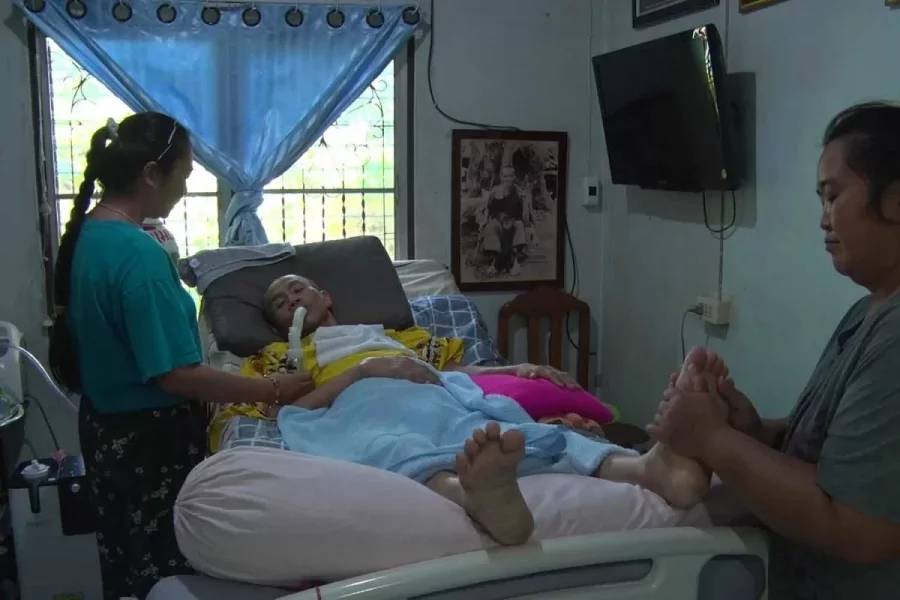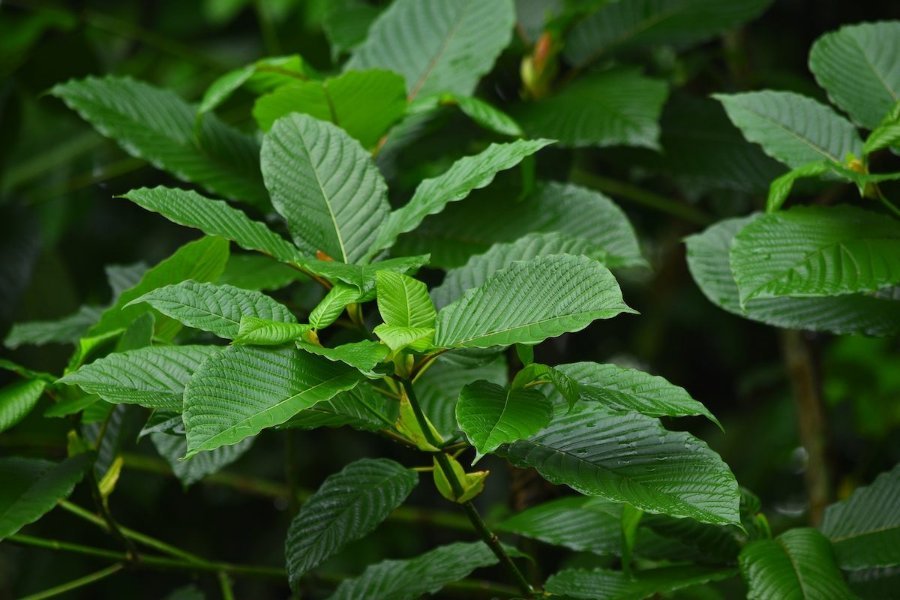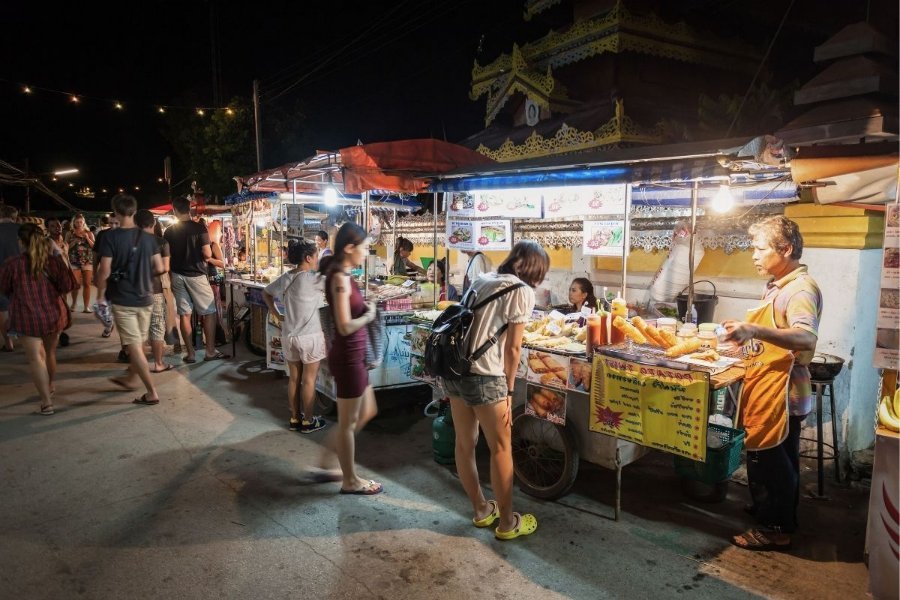CHIANG MAI, Thailand — Suratin Chaichomphu, widely recognized for his critical role in the 2018 Tham Luang cave rescue, has been left paralyzed after sustaining severe injuries in a motorcycle accident in Tak province on May 24, according to his family and local officials.
Background and Medical Condition
Mr. Suratin, known as “Khwan the Driller” for his expertise during the rescue of 12 boys and their football coach from the Tham Luang cave, suffered a broken neck and severed cervical spinal nerves in the accident. His wife, Piyamas Pratharnchai, reported that he now requires constant care at their home in Mae On district, Chiang Mai. Medical professionals have confirmed that his injuries have resulted in permanent paralysis, necessitating ongoing hospital visits and specialized equipment.
Financial and Logistical Challenges
The family’s primary income from their groundwater drilling business has declined by approximately 70% since the accident. To cover mounting medical expenses, they have sold three trucks and are seeking additional assistance for essential care equipment. Ms. Piyamas described the difficulties of transporting Mr. Suratin for monthly hospital appointments, noting the lack of adequate support at home.
Community Support and Personal Outlook
Despite his health challenges, Mr. Suratin has maintained a positive outlook and recently resumed communication after several months of silence. He has publicly expressed support for Vernon Unsworth, another Tham Luang rescuer currently facing health issues. Mr. Suratin has also voiced his wish to reunite with British cave divers Rick Stanton and John Volanthen, underscoring the enduring connections formed during the 2018 operation.
Appeals for Assistance and Broader Impact
Ms. Piyamas has appealed to the Royal Household Bureau for royal patronage to help cover Mr. Suratin’s medical costs, reflecting the family’s ongoing search for support. The situation highlights the long-term impact of life-altering injuries on individuals who have played vital roles in national emergencies, and raises broader questions about support systems for such figures in Thailand.



